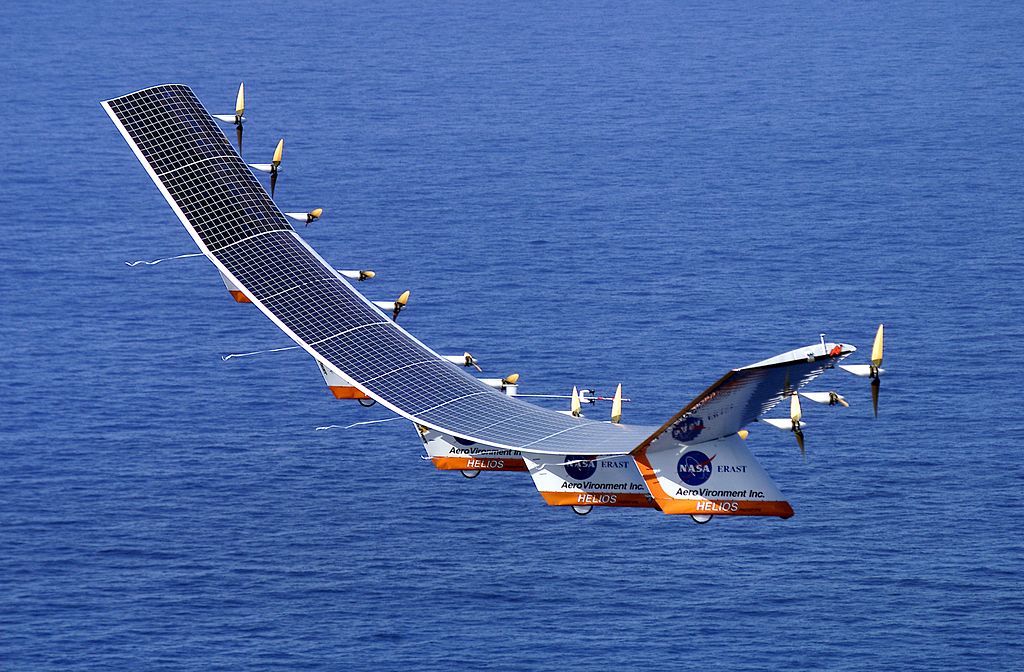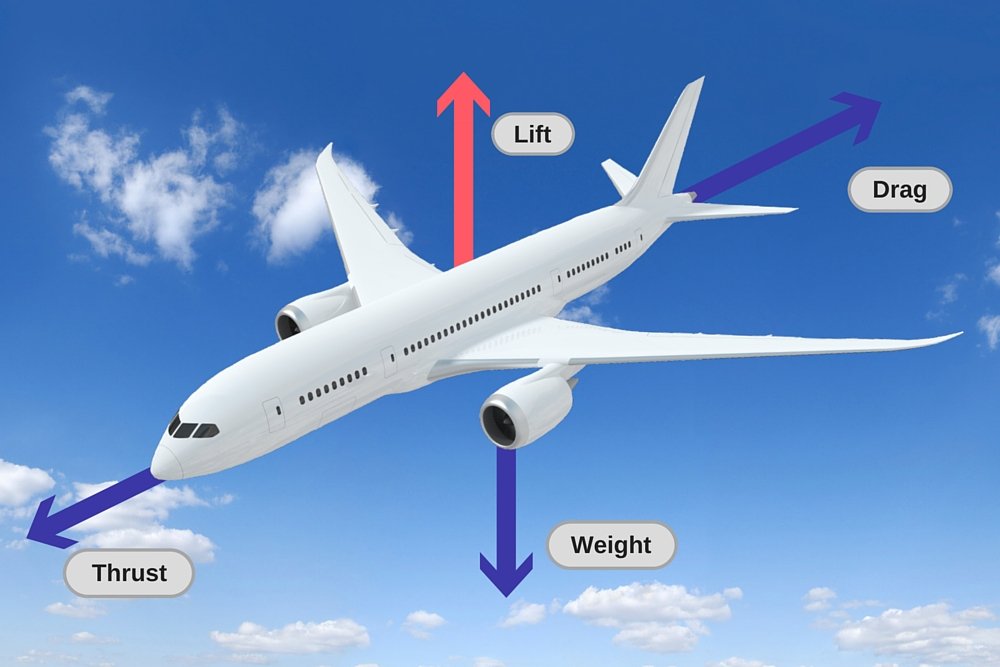Table of Contents (click to expand)
Airplanes cannot fly into space because they are not designed to fly at the altitudes necessary to reach space. Additionally, the air is too thin at high altitudes for an airplane to generate the lift necessary to stay airborne.
Airplanes have been transporting millions of passengers every year since they were first deemed safe and became affordable for the masses. They fly you out of one airport and before you can eat the little tray of food and struggle through a quick nap, you just might find yourself in a different country, which can either be good or bad, depending on your intended destination.
Airplanes, especially commercial jets, fly really high in the sky. So high, in fact, that the only things visible to passengers are often fluffy cotton-like clouds. However, have you ever wondered how high commercial airplanes can fly? What if they continued to ascend into the sky? Could they ‘leave’ Earth and reach the blackness of ‘space’?
The Idea Of Airplanes Entering Space

If you sit down and seriously think about this idea for a moment, your practical self will almost instantly tell you that it must be impossible. If it weren’t, then people more actively involved in sending rockets into space must have obviously thought about the possibility of sending airplanes into space. The fact that we don’t see commercial jets shooting off into space seals the fate of this hypothesis.
To expound on it a little further, you should know that commercial jets usually fly at an altitude of 28,000-35,000 feet. However, that’s not the highest they can go. They can go a little higher, but most large passenger airplanes are not designed to go beyond 40,000 feet. One exception to this was the Concorde, a supersonic commercial jet whose maximum cruising altitude was 60,000 feet!
Then there was an airplane called Helios, designed by NASA, that went up to 97,000 feet. However, this aircraft was powered by electric motors.

Also Read: Why Do Airplanes Need To Fly So High?
Minimum Distance To Space
If you continue going upwards in the sky, when do you enter in space? Well, the shortest distance to enter ‘space’ is 100 kilometers (62 miles); after you’ve traversed that far, only then can you expect to cross Earth’s boundary and enter suborbital space (provided that everything works as planned). As discussed above, airplanes can’t even think of going that high.
So, to answer the question in short, airplanes CAN’T go into space.

Sorry to disappoint you, but it’s the simple truth.
Now that we have the Yes/No part of the question covered, let’s move on to the why part…
Also Read: At What Altitude Does Earth End And Space Starts?
Why Can’t Airplanes Go Into Space?
This limitation on airplanes is the result of two main reasons: the availability of fuel and the way airplanes are designed.
Airplanes are able to fly only because their large wings generate enough lift to keep them airborne. This lift, in airplanes, is generated by the way that air flows above and below the large wings, thus keeping the airplane in flight against the gravity of Earth. Essentially, it’s the air that makes an airplane fly; the engines just provide enough power to the airplane to keep it going against the aerodynamic drag.

Given their critical dependence on air, the way airplanes operate in the sky is hugely influenced by the ‘quality’ of air. You see, as altitude increases, the density of air decreases – slowly at first, but rapidly after a certain height. In short, air becomes increasingly thinner with increasing altitude, until the point when there is no air at at all; it is (almost) a vacuum up there. Flying machines like airplanes and choppers need lift to stay airborne, which is generated by air. If there’s no air to begin with, how in God’s name could you think of flying an airplane at that altitude? This is why helicopters face such great difficulties while rescuing people stranded in high-altitude regions.
Consider this: even the spacecraft in the lowest Earth orbit, and therefore closest to the Earth, orbits at around 125 miles above the ground, which is far above a proper altitude to find quality air to fly an airplane.
This is why an airplane, however ambitious might it be, could never cross through its ‘comfort zone’ and risk entering the vast expanse of outer space.
Also Read: Why Is It Difficult For Airplanes To Land/Take Off When It’s Too Hot?
How well do you understand the article above!

References (click to expand)
- Why can't an airplane just fly into space? Why do we need rockets? - spaceplace.nasa.gov
- Why Can't We Fly a Plane to Space? - NASA. The National Aeronautics and Space Administration
- How High Do Commercial Planes Fly? - www.reference.com
- How high can a (commercial or military) jet aircraft go?. physlink.com
